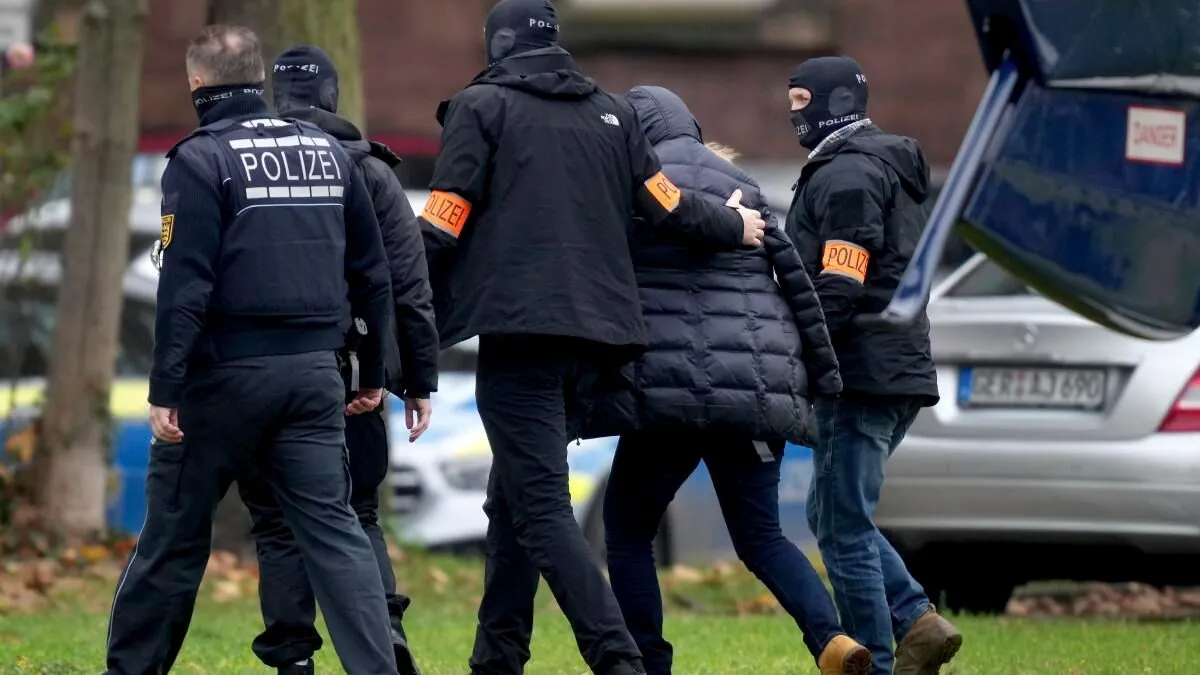Syrian Asylum Seeker Surrenders After Deadly Attack at German Festival
A Syrian man turned himself in following a fatal stabbing at a music event in Solingen, Germany. The incident has reignited debates on asylum policies and knife regulations in the country.

A Syrian asylum seeker has surrendered to authorities following a deadly incident at a music festival in Solingen, Germany. The event, which occurred on August 23, 2024, resulted in three fatalities and eight injuries.
Issa al H, the suspect, reportedly approached law enforcement on August 24, 2024, wearing blood-stained attire. He allegedly stated, > "I am the one you're looking for."
The individual had initially entered Germany in 2022, seeking asylum in Bielefeld. Following a deportation order to Bulgaria in 2023, he disappeared from official records. Bulgaria, like Germany, is a European Union member and adheres to the Dublin Regulation, which determines asylum application responsibilities among EU states.
Federal prosecutors have assumed control of the case, investigating potential charges of murder and affiliation with the Islamic State (IS). The militant group claimed responsibility for the attack via the encrypted messaging platform Telegram, citing retaliation for perceived injustices against Muslims. However, authorities have not confirmed any connection between the suspect and IS.

The incident has reignited discussions about Germany's asylum policies and knife regulations. Friedrich Merz, leader of the Christian Democratic Union, advocated for stricter measures, suggesting a halt to accepting asylum seekers from Syria and Afghanistan. This stance marks a significant departure from the policies of his predecessor, Angela Merkel, who implemented an open-door approach during the 2015 European migrant crisis.
Nancy Faeser, the Federal Minister of the Interior and Community, has indicated that legislation addressing knife restrictions is forthcoming. This proposal follows a separate incident in Mannheim in late May 2024, where an Afghan national allegedly attacked participants at an anti-Islam demonstration.
The German government has also initiated dialogue with the Taliban regime in Afghanistan to facilitate the deportation of rejected asylum seekers. This development underscores the complex interplay between domestic security concerns and international diplomatic relations.
As investigations continue, authorities have detained two additional individuals, including one at an asylum seeker residence near the attack site. The role of these detainees in the incident remains unclear.
Hendrik Wüst, the state premier of North Rhine-Westphalia, Germany's most populous state, emphasized the profound impact of the attack on the nation. The incident has highlighted the ongoing challenges faced by Germany in balancing humanitarian obligations with security considerations.


































